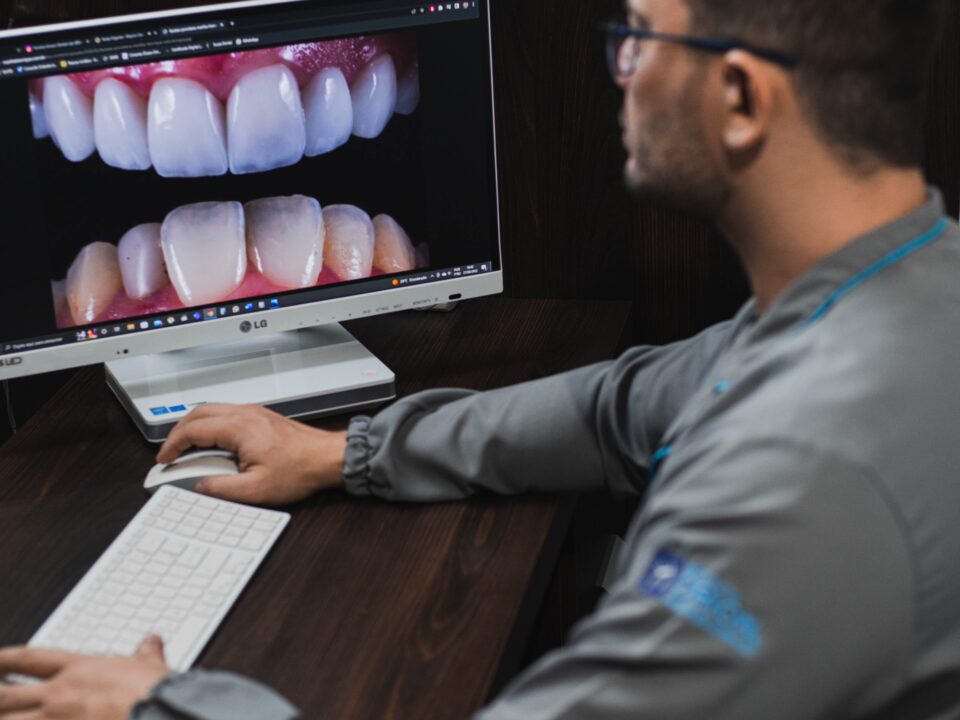
How Much Is a Root Canal?
February 23, 2023
How To Floss With Braces
April 7, 2023If you’re hit with the news that you might have to undergo a root canal, wincing might be your first reaction. After all, root canals have a bad reputation for being unpleasant and painful.
Luckily, root canals are all but painless these days. They’re just another common dental procedure to give you relief from the real source of pain: a damaged and infected tooth.
[Related: How Long Does a Root Canal Take?]
What Is a Root Canal?
A root canal is a dental procedure that an endodontist performs to remove infection from pulp in a damaged tooth. This procedure aims to save the natural tooth and keep your mouth healthy and pain-free.
A root canal has three main steps:
- Cleaning the inside of the tooth
- Removing any infected tissue and pulp
- Filling and sealing the tooth
Root Canal Procedure
Root canal procedures typically take only 30 to 60 minutes to complete. They also require just one or two appointments to finish, depending on the infection’s severity.
The first appointment allows the dentist to remove the infected pulp and apply a temporary filling. During the second appointment, they replace the temporary filling with a permanent one. They might also take an X-ray to ensure the root canal was successful.
If your tooth requires a crown, the entire procedure takes a few extra steps.
You’ll need an appointment for the dentist to shave down and shape your treated tooth, and then they’ll give you a temporary crown. Next, you’ll return for a permanent crown that they make specifically for you in a fabrication lab.
[Related: How Much Are Root Canals?]
Do Root Canals Hurt?
So, let’s get down to it. Just how bad do root canals hurt? Do root canals hurt during the procedure?
First off, if you need to get a root canal, chances are your infected tooth was already causing you a significant amount of pain and discomfort.
Next, why do root canals hurt? The truth is that they don’t. An infected tooth is what causes you pain. A root canal treatment alleviates that pain by removing infected pulp from the damaged tooth.
Finally, thanks to local anesthesia, you won’t feel any pain during the procedure. Your dentist makes sure you’re numb and feel nothing but a bit of pressure during the root canal treatment.
[Related: 5 Signs You May Need Endodontic Surgery]
Healing Process
After the root canal treatment, you might experience minor discomfort or soreness around the tooth and your jaw for a few days. This is completely normal.
The tissue around your tooth is irritated from the process, and your jaw may be sore from being open during the treatment. However, any discomfort should go away within a few days with the help of over-the-counter pain relievers or a cool ice pack.
Basically, root canal patients can get back to their daily lives almost immediately after the process.
Concerned About Your Dental Health? Contact Cascadia Dental Specialists Today!
If you’re suffering tooth pain and think you may need a root canal treatment, contact Cascadia Dental Specialists today.
Wondering about the potential cost of a root canal? Learn more about how much is a root canal and financial considerations. You can also read more information on root canals and answer your questions.
Feel free to contact us here to schedule an appointment!
Featured image via Unsplash





